Description
Thyroid hormone drugs are natural or synthetic preparations containing tetraiodothyronine (T4, levothyroxine) sodium or triiodothyronine (T3, liothyronine) sodium or both. T4 andT3 are produced in the human thyroid gland by the iodination and coupling of the amino acid tyrosine. T4 contains four iodine atoms and is formed by the coupling of two molecules of diiodotyrosine (DIT). T3 contains three atoms of iodine and is formed by the coupling of one molecule of DIT with one molecule of monoiodotyrosine (MIT). Both hormones are stored in the thyroid colloid as thyroglobulin and released into the circulation. The major source of T3 has been shown to be peripheral deiodination of T4. T3 is bound less firmly than T4 in the serum, enters peripheral tissues more readily, and binds to specific nuclear receptor(s) to initiate hormonal, metabolic effects. T4 is the prohormone which is deiodinated to T3 for hormone activity.
Thyroid hormone preparations belong to two categories: (1) natural hormonal preparations derived from animal thyroid, and (2) synthetic preparations. Natural preparations include desiccated thyroid and thyroglobulin. Desiccated thyroid is derived from domesticated animals that are used for food by man (either beef or hog thyroid), and thyroglobulin is derived from thyroid glands of the hog.
Liothyronine sodium injection (T3) contains liothyronine (L-triiodothyronine or L-T3), a synthetic form of a natural thyroid hormone, as the sodium salt.





 Español
Español Português
Português Italiano
Italiano Français
Français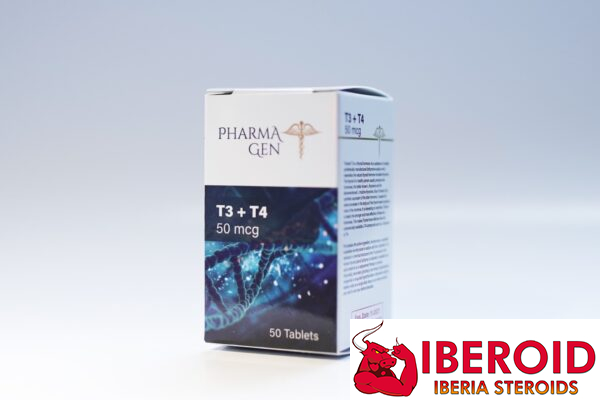


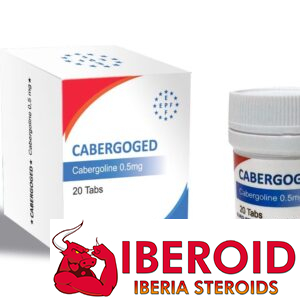
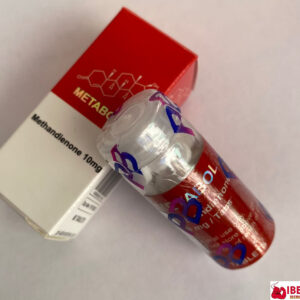

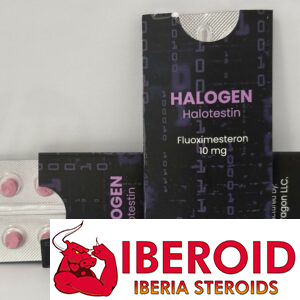


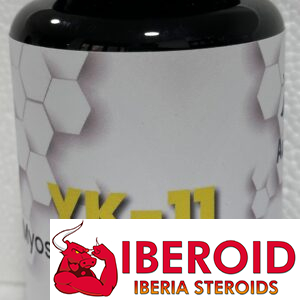
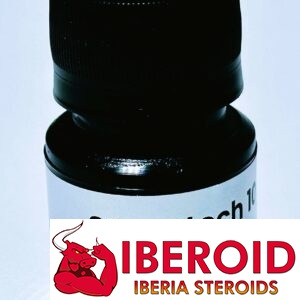
Reviews
There are no reviews yet